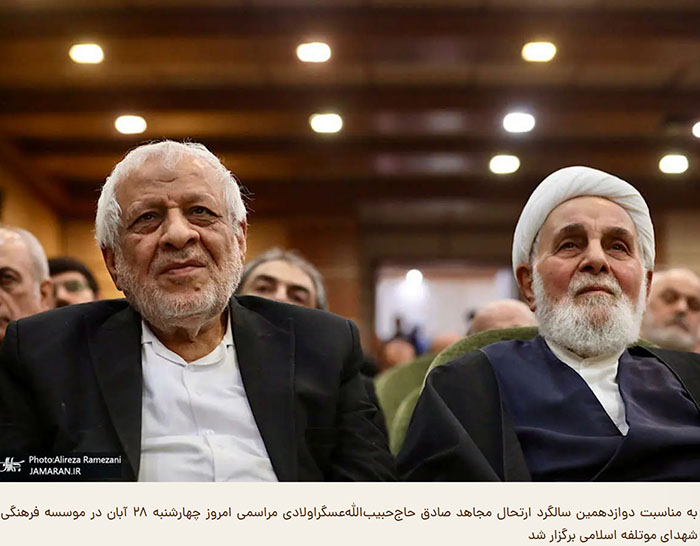Habibollah Asgarovaladi (May 2, 1932 – November 14, 2013) remains one of the most influential and enduring figures in the political history of post-revolutionary Iran. His life, which spanned from the late Pahlavi era to the height of the Islamic Republic’s political transformations, reflects the evolution of conservative politics, the role of the Iranian bazaar class, and the internal debates within the Islamic Republic over legitimacy, dissent, and governance. As a politician, party strategist, revolutionary activist, and trusted figure of the conservative establishment, Asgarovaladi carved out a position that endured for six decades—surviving imprisonment, revolution, ideological shifts, political rivalries, and generational divides.
This text explores his early life, political activism before the 1979 Revolution, his influential roles in the post-revolution state, his nuanced stance on the Green Movement and the controversial events of 2009, and the final years of his life as a senior statesman of the Islamic Coalition Party (Hezb-e Motalefeh). Taken together, his story forms an essential chapter in understanding the forces that have shaped Iran’s political trajectory.

